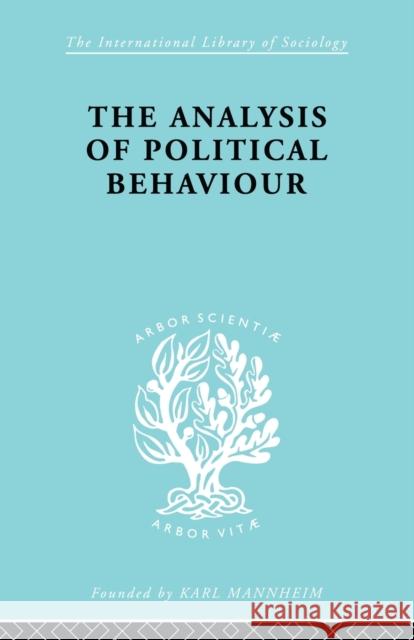The Analysis of Political Behaviour » książka
topmenu
The Analysis of Political Behaviour
ISBN-13: 9780415605229 / Angielski / Miękka / 2010 / 316 str.
The Analysis of Political Behaviour
ISBN-13: 9780415605229 / Angielski / Miękka / 2010 / 316 str.
cena 237,50
(netto: 226,19 VAT: 5%)
Najniższa cena z 30 dni: 216,55
(netto: 226,19 VAT: 5%)
Najniższa cena z 30 dni: 216,55
Termin realizacji zamówienia:
ok. 16-18 dni roboczych.
ok. 16-18 dni roboczych.
Darmowa dostawa!
First published in 1998. Routledge is an imprint of Taylor & Francis, an informa company.











